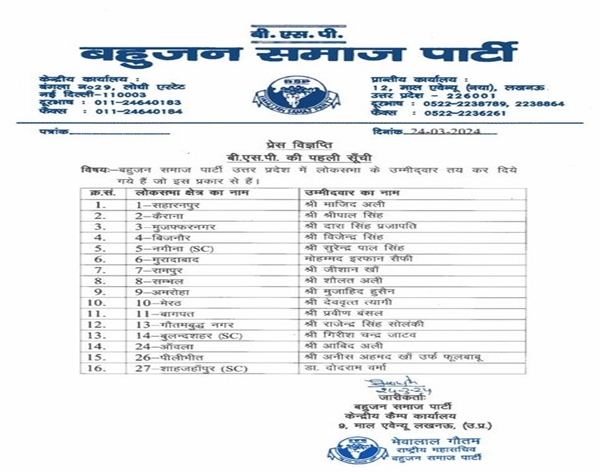Food inflation in Bangladesh surged to 12.66 percent in October, up from 10.40 percent in September, driving overall inflation to 10.87 percent, according to data from the Bangladesh Bureau of Statistics. In response, the interim government and Bangladesh’s central bank announced new measures to address the escalating prices.
Talking to reporters Bangladesh Bank Governor Dr Ahsan H Mansur following a meeting with Finance and Commerce Adviser Salehuddin Ahmed said, the Bangladesh Bank will temporarily remove the letter of credit (LC) margin on essential imports, such as edible oil, sugar, and chickpeas, until Ramadan, with the goal of stabilizing prices. Additionally, the central bank will exempt commodity importers from the 25 percent single-borrower exposure limit to enhance their import capacity.
Economists have pointed out that the inflationary pressures in Bangladesh are not solely driven by demand but are also linked to structural issues, such as inefficient market systems and supply constraints. They recommend reducing tariffs and improving supply chains to help alleviate food inflation.















